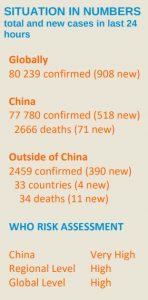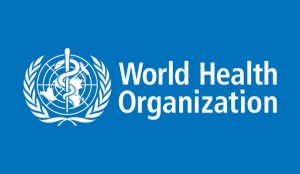Today is World Obesity Day, and the international focus is on childhood obesity. The Department of Health is deeply concerned about the growing obesity rate in the country and urges all South Africans to adopt healthier lifestyles.
Obesity rates in South Africa are increasing rapidly, with almost 70% of women and 40% of men either overweight or obese, according to The Lancet. One in four girls and one in five boys between the ages of 2 and 14 years are overweight or obese.
Obesity-related diseases such as heart diseases, type 2 diabetes, stroke and some cancers account for 43% of deaths in South Africa. Obesity is one of the top five risk factors for early death, and years lived with disability in the nation.
Achieving Health targets as enshrined in the National Development Plan require our collective effort as a country.
“We have the highest obesity rate in sub-Saharan Africa,” says Lynn Moeng, the Department of Health’s Chief Director of Health Promotion, Nutrition and Oral Heath. “This is impacting on the health of our nation. But by making changes, including reducing the consumption of sugary drinks, people can improve their health and their life expectancy.”
South Africans are among the top 10 consumers of soft drinks in the world. In addition, the market for soft drinks more than doubled from 1998-2012, with 15 to 24-year-olds being high consumers. Sugary drinks have no nutritional value but the average 500ml fizzy drink contains around 10 spoons of sugar.
Next year, the government plans to tax sugary drinks according to how much sugar they contain. Research shows that a 20% tax on sugary drinks will reduce obesity by 3,8% in men and 2,4% in women, resulting in 220 000 fewer obese adults. We urge all South Africans to take charge of their health and switch from drinking sugary drinks to water.
Press release by National Department of Health
Read more about healthy diet on http://dietmy.com







